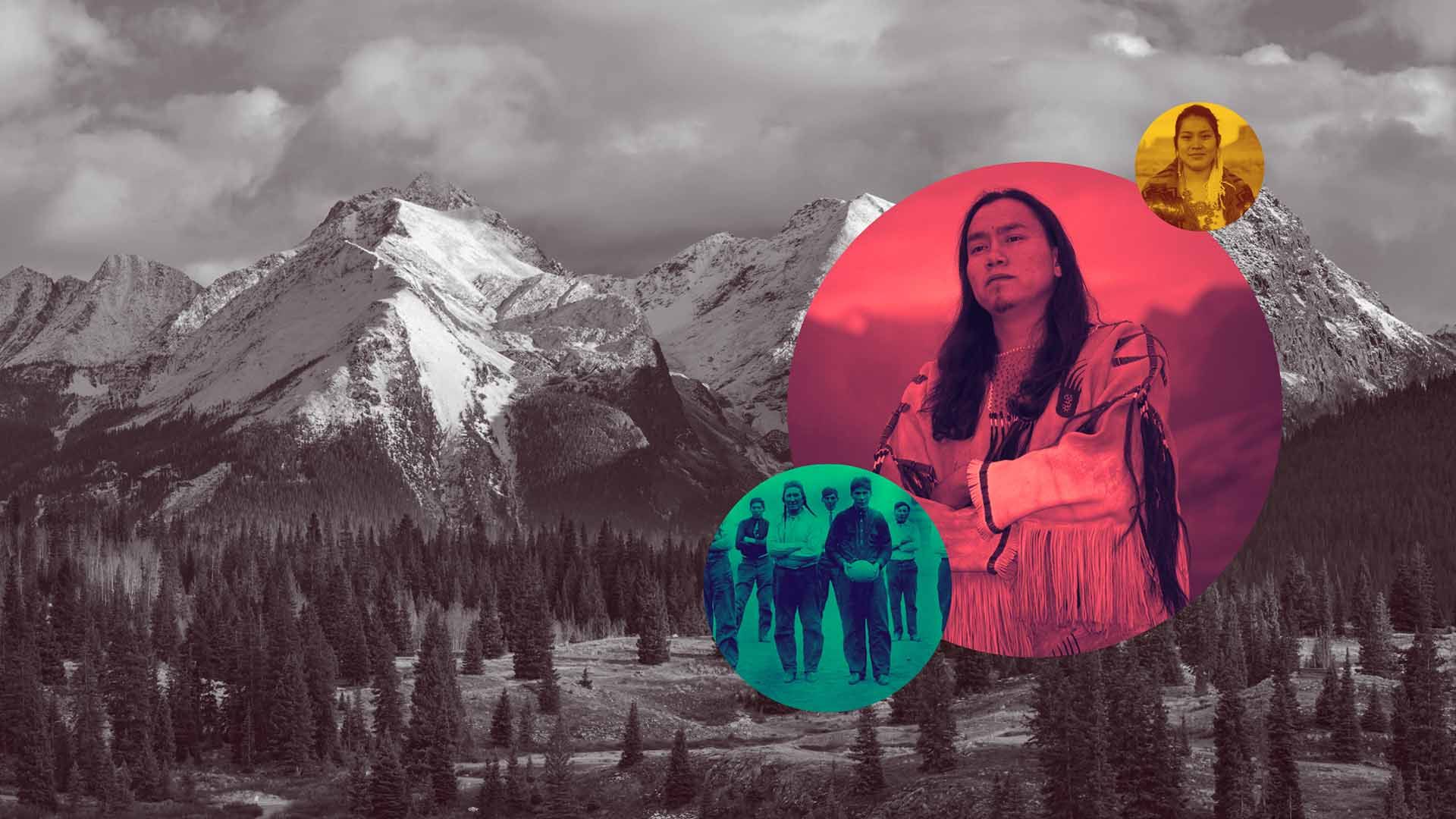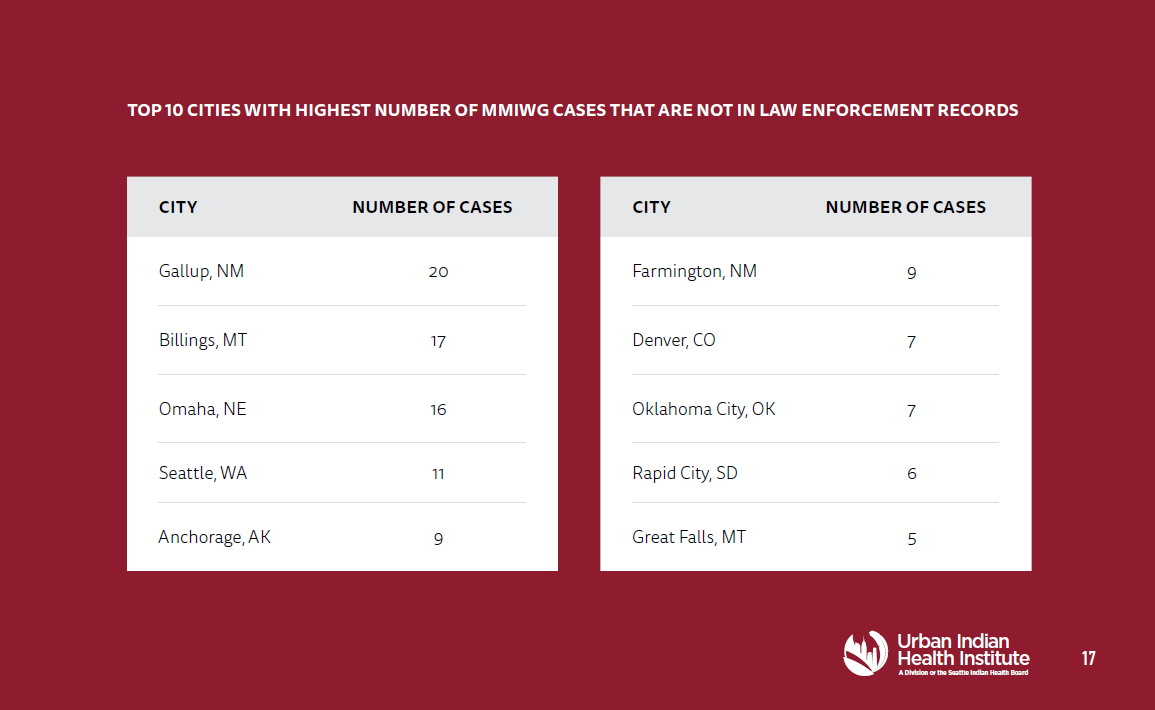Recognizing Missing and Murdered Indigenous Peoples Day

Most people know the fifth day of May to be Cinco De Mayo when it comes to cultural significance. But while most people celebrate the overcoming of one indigenous struggle, a different one continues today. May 5th also marks Missing and Murdered Indigenous Persons Awareness Day, which is celebrated across the U.S. and Canada. Tribal citizens and grassroots organizers spent years bringing attention to the issue before the day was made an official proclamation in 2021.
The numbers that can’t be ignored
The issue is not just that Indigenous people, often women, are targeted in this way, but that their cases are also often not given the attention they deserve. Denver, CO has at least seven missing or murdered Indigenous women whose cases cannot be found in law enforcement records, according to an Urban Indian Health Institute study in 2017. There are six cities with even higher rates across the American West.

The same study also found that murder is the third leading cause of death for Indigenous women, who also experience a murder rate 10 times higher than the national average if living on a reservation. And while women and girls are usually the victims of trafficking and violence, all Indigenous people are affected. 82% of Indigenous men experience violence in their lifetime and Native children are more likely to experience abuse than non-natives.
That number becomes even more concerning as Indigenous Peoples make up only 2% of total U.S. population. Such an exposure to trauma and death would create mental health struggle for any community.
How to get involved
Everyone can easily take part in observing Missing and Murdered Indigenous Persons Day by wearing red and taking part in marches, rallies, bike rides and fundraisers in their local communities.
More reading and resources can be found in the links below:
Cultural Survival: An advocacy group for Indigenous Peoples’ rights and supports Indigenous communities’ self-determination, cultures and political resilience since 1972.
Native Hope’s MMIW Page: Further online information and resources on the movement.
Resource Categories
- Addiction & Substance Use
- Anxiety
- Child Mental Health
- Crisis and Trauma
- Depression
- Exercise
- Just The Facts
- LGBTQIA+ & Pride
- Medicaid
- Men’s Mental Health
- Parenting
- Recovery
- Senior and Older Adult
- Socializing
- Stigma
- Stress
- Suicide Prevention
- Support & Advocacy
- Teen’s Mental Health
- Treatment Options
- Women’s Mental Health